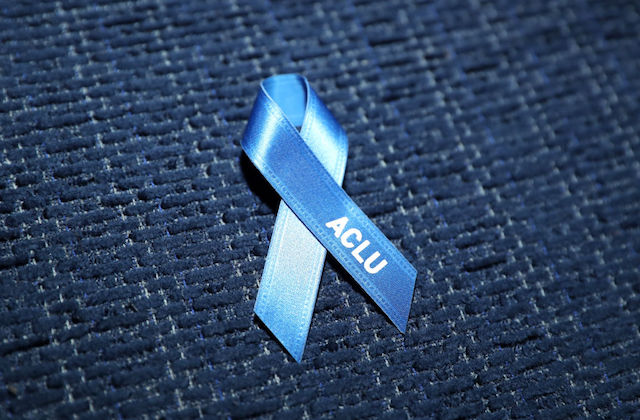The American Civil Liberties Union (ACLU) will bring three stories on the human toll of mass incarceration to the Sundance Film Festival this weekend.
The ACLU announced yesterday (January 17) that it will premiere three animated short films on criminal justice trauma during its “Mass Incarceration: An Animated Story” presentation on January 20. The human rights organization’s Campaign for Smart Justice initiative will present the films, which tell the stories of three criminal justice advocates of color who experienced incarceration first hand: Lavette Mayes, Jason Hernandez and Johnny Perez.
Per the announcement, the shorts will highlight the sentencing standards that trap many people from oppressed communities in the carceral system for years without recourse, including cash bail, extreme sentencing for nonviolent crimes and the challenges that formerly incarcerated people face upon rentry.
The activsts profiled all encountered these policies. Mayes previously wrote for Truth-Out.org about how she spent 14 months in a Cook County, Illinois, jail because she could not afford bail. Hernandez authored several articles for The Huffington Post about his 15 years behind bars for a nonviolent drug offense, and the stigma attached to people with criminal records in the job market. And much of Perez’s work focuses on the emotional toll and inhumanity of solitary confinement, which he endured for three years.
“Lavette, Jason and Johnny know all too well the disastrous and life-changing impact of incarceration,” Campaign for Smart Justice director Udi Ofer wrote in the ACLU statement. “Their experiences mirror those of millions of people across the country who are targeted and victimized by our broken criminal justice system.”
“We are marking the one year anniversary of the inauguration of Donald Trump, and the resistance that it has launched, by partnering with Sundance to lift up stories of Americans who face injustices due to government policies,” Ofer added. “Ending mass incarceration is about reckoning with the damage it has done to millions of people, particularly families living in underserved communities across the country.”
The event will conclude with a moderated discussion with the three advocates.
